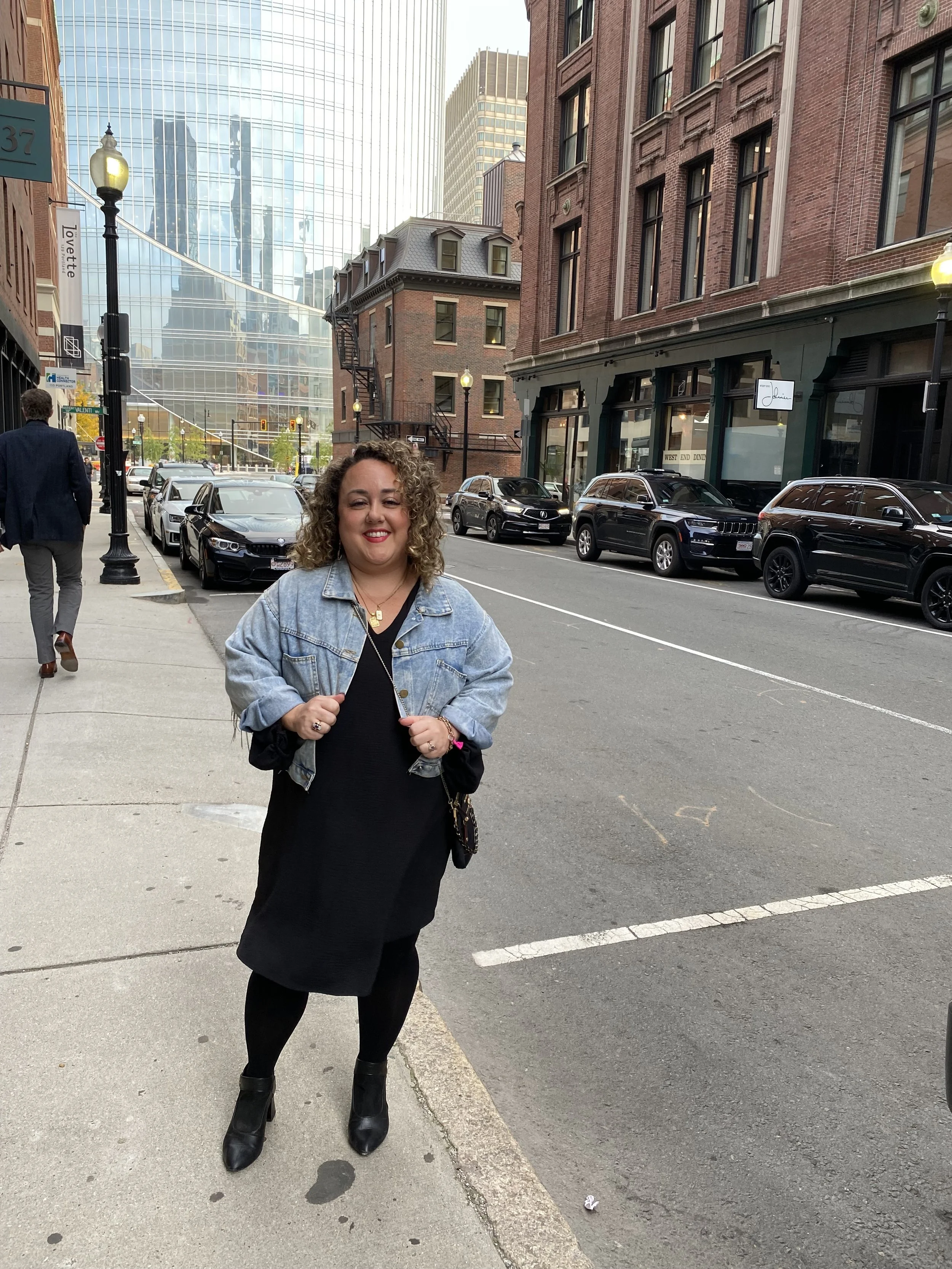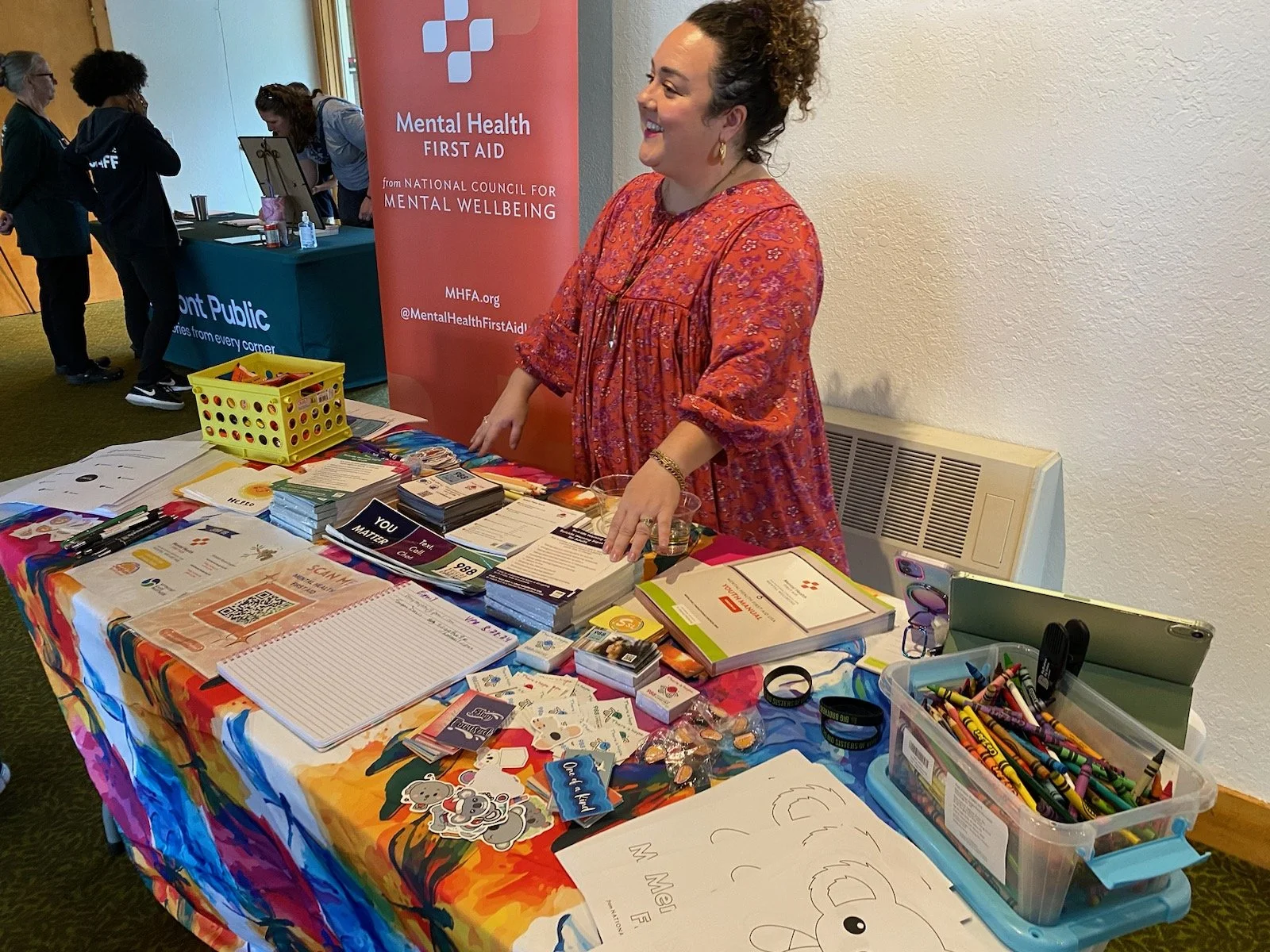Sunny Naughton, of Sunshine Silver Linings, is a communications and mental health consultant located in Vermont’s Northeast Kingdom, where she was born and raised. Passionate about connecting and communicating, she combines a 25-year career in human services, journalism and entertainment to educate and raise awareness about mental health literacy.
Sunny became an LPA-certified coach via the All Voices program in 2024.
How have stories and storytelling played a part in your life?
I was always drawn to storytelling, even from a young age. I remember reading my first memoir when I was 11 or 12, a book called My Sergei, by figure skater Ekaterina Gordeeva.
My love of stories led me to pursue a career on Broadway, including being in the national touring company of Annie. Being a part of telling people stories through musicals was exciting for me.
So, the first part of my life was about storytelling for entertainment purposes, something I’m still passionate about. But, I got to a point where I burned out of the entertainment business because I saw people's stories being commoditized.
Plus, I was drained. For a couple of years, I pulled back. I became a much more private person than I had ever been before to try to figure out what this next chapter of my life was going to look like. At the same time, I was going through a health journey and trying to find proper doctors. I live with a cortisol illness, which most likely comes from undiagnosed mental health issues. I had to tell people over and over again my health story, which can be traumatic, and I wasn't getting in front of the right health practitioner to help me heal. I figured out that—going forward—if I'm gonna tell anybody anything about myself, it needs to get me somewhere, it needs to help me.
Eventually, I found two holistic health practitioners: a psychiatric nurse practitioner and a naturopath. They both wanted to learn about me beyond my symptoms in order to treat me correctly.
That was when I was able to reclaim the power of storytelling, by telling them the truth and my version of it, they were able to trace back to possibly where my health issues began.
What led to the formation of Sunshine Silver Linings?
After my time on Broadway, I went to college for media and communications at Eugene Lang. This is where I discovered I wanted to help people and work outside of the theater business. I came back to Vermont after completing my program and joined a human services organization.
When you're helping people get their basic needs met, to be ethical and truly empathize with them, you have to understand their stories and what their experiences are in their words.
I’ve found that one of the best ways to encourage people in making healthy choices is to understand the story they are telling themselves about their lives. Are they telling themselves a story in which they’re a survivor or a victim? Do they believe a story about getting out of generational poverty? Or that people are truly here to help them? A big part of helping is hearing what they imagine their life could be and using storytelling as a way to nurture their imaginations.
Now, and for the past decade, storytelling has been a part of my professional life through my consulting agency, working at the intersection of communications and well-being. I create workshops and opportunities for people to learn more about taking care of themselves, through what I call mental health literacy.
Why the "intersection of communications and well-being”?
When I started doing communications consulting, organizations would come to me initially for general communications support, like their newsletter or social media. But as I learned more about the organizations and the services they provide, I came to realize that for them to deliver their services, they first needed their staff to be healthy.
I am passionate about connecting the dots for people and organizations, so I began encouraging partnerships between organizations and offering classes like Mental Health First Aid and Question, Persuade, Refer, which focuses on suicide prevention. Along with general communications consulting, I began to develop a wide menu of additional workshops and offerings that spoke to what I saw communities and organizations really needed. For example, I have a workshop about compassion fatigue, called Nurturing Resilience, where we focus on burnout and boundaries.
Over the last eight years, I have worked with the University of Vermont Extension on a communication class for families going through separation and divorce. Divorce and storytelling has been critical in people seeing a future for themselves and their kids as they go through this life reorganization.
How has LPA certification fit into your work?
I'm so thankful that I connected with Living Proof Advocacy and have had the chance to understand the science behind storytelling, so I can feel confident when discussing it professionally, as well as getting a new understanding and appreciation of the craft of storytelling.
Something can be based in science and have a framework, but it doesn't have to feel stale or stagnant. It can still be colorful and exciting.
The LPA work has really reinvigorated something I experienced as a young person who wanted to take in as many stories as I could.



